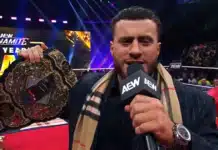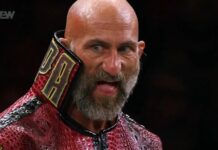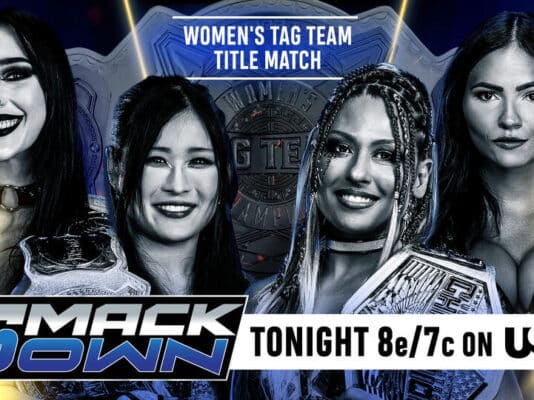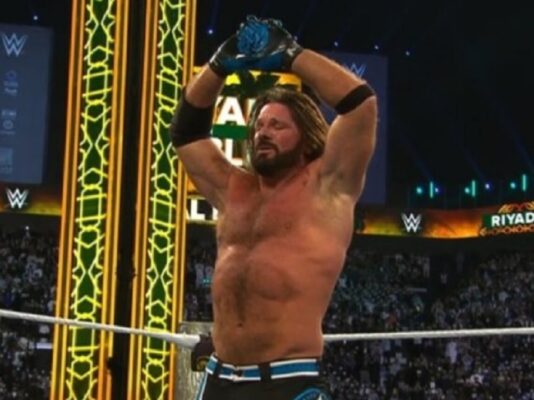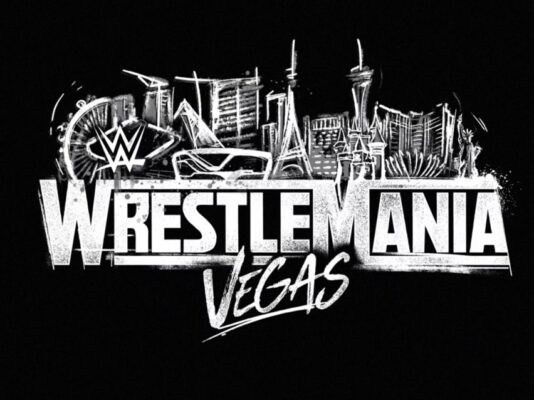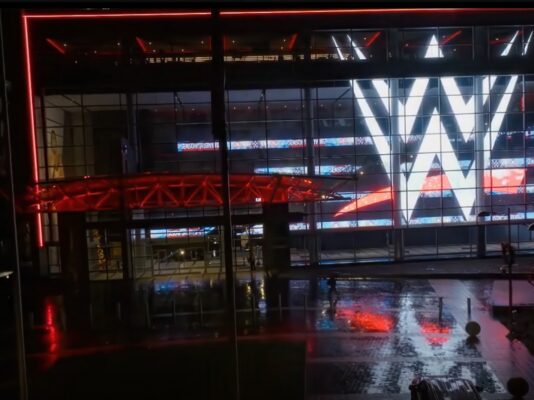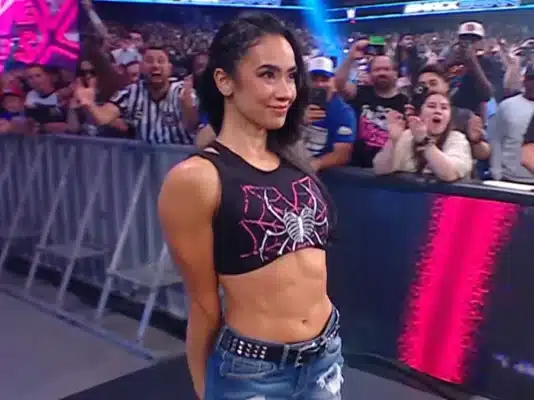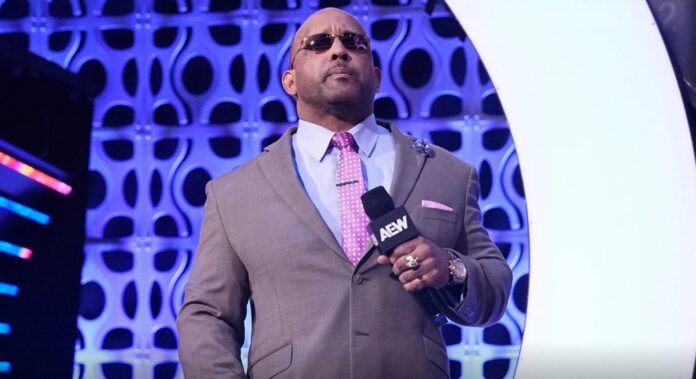
AEW star MVP recently discussed the importance of character development in professional wrestling, emphasizing that personality and storytelling—not just athleticism—are what truly draw money and connect with fans.
Speaking on his podcast, MVP said the current generation of wrestlers often focus too much on executing flashy moves instead of letting their characters breathe and resonate.
“As the kids say nowadays, you doing too much. You’re doing the most. It’s extra. You’re doing too much,” MVP began. “You have some extremely talented wrestlers that have drawn money through the years based solely on their in-ring ability. But the people who have drawn the most money through the years did it because of character work.”
He pointed to several of wrestling’s biggest names as examples.
“Stone Cold Steve Austin drew more money than anybody. How many flips did he do? Hulk Hogan, Ultimate Warrior, The Rock, John Cena, Roman Reigns, Randy Orton — these are your biggest money earners. They don’t do a lot, but their character work draws you in.”
MVP noted that while today’s talent pool is incredibly athletic, many performers rely too heavily on high spots to impress fans rather than using psychology and timing to create lasting moments.
“If you took out two or three of those other things, did that one really cool thing, and let people go ‘oh,’ and then gave them some character — instead of doing that extra thing, take a moment to show whatever your character is, your personality.”
He also praised wrestlers like Ricochet and Will Ospreay for evolving beyond pure athleticism and learning how to incorporate character work into their presentation.
“Ricochet is doing better now than he’s done in his whole career. He can still do all that stuff, but it’s when he does it and how he does it. Now, people really hate Ricochet… This is modern-day wrestling, where you’re blurring the lines between the person and the character.”
MVP concluded by comparing wrestling to film, saying the emotional connection comes from the character moments—not just the action.
“If you have a movie, and your hero is just going through the whole movie kicking everybody’s ass, that’s cool. But you don’t get to connect with the character. Think of any movie—what makes you like the hero or hate the villain are those moments where they show you who they are.”
“I think a lot of young talent would learn that if you take time to add in character—to allow the people to respond to the person that’s doing those things—it will get you way further, quicker.”

